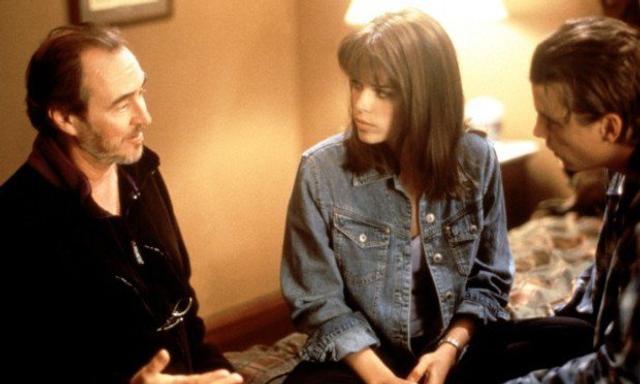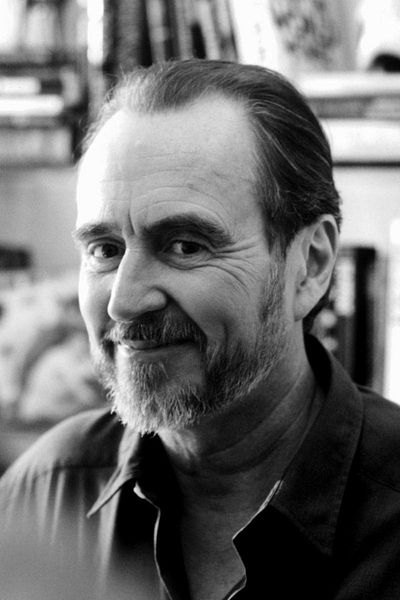When I was 14 years old, I managed to sneak into the first Scream film in UCI Coolock. I went with my mate Glenn, who was a couple of years older. It was one of the first occasions in my formative teen years when looking older than I was really paid dividends. I didn't realise it at the time, but watching that film was an absurdly important moment for me.
From the second we heard Roger Jackson's voice ask Drew Barrymore if she liked scary movies, I was on board. From then on it didn't let up and Scream, for me, remains the best slasher movie ever made. It was huge for movie fans of my age, because it became a gateway film not just to Wes Craven's incredible back catalogue of work, but to horror in general; I discovered John Carpenter, Tobe Hooper and many other greats from an often under-appreciated genre through it.
The influence of Craven and people like Jon Favreau were decisive in my choice to go to Film School. I loved engaging in countless arguments with my classmates, who were far more into the likes of Martin Scorsese, early Coppola and other more abstract auteurs - but I was firm in my belief that Craven wasn't just the best horror filmmaker of all time, but also one of the best filmmakers, full stop. I still am.
On three separate occasions in three separate decades, Wes Craven grabbed the horror genre by the scruff of its neck and invigorated it in a way that no other filmmaker ever has, or likely will. With the cold realism of Last House on the Left he presented a work that resonated deeply at a time when so many subject matters were taboo in every form - not just cinematically. Then in 1984, he introduced a character that remains iconic within the horror genre: Freddy Krueger. A Nightmare on Elm Street still holds up today, over thirty years after it was first inflicted on audiences and became a box office sensation. It's a terrifying, surprisingly cerebral trip that is incredibly innovative in both inception and execution. For some, he even bettered that film with the postmodern, brilliantly tongue-in-cheek 'New Nightmare' a decade or so later,. Excitedly playing with the character and the world he had envisaged, he managed to do something wholly original in the process.
Then came Scream and its superb sequel, which allowed Craven to demonstrate just how smart and self-effacing a filmmaker he could be, while setting the box office alight in the process.
In his later years, he helmed the underrated Red Eye and produced some sterling remakes of his own work - The Hills Have Eyes and The Last House on the Left are absolutely worth revisiting. As are the seminal originals, of course.
Wes Craven was a great filmmaker and he has been a hero of mine since that teen trip to our local UCI. He opened the eyes of multiple generations to not only a genre, but to the world of cinema - certainly in my case, anyway. I'll always be grateful for that.
Rest in Peace, Wes.




















































































